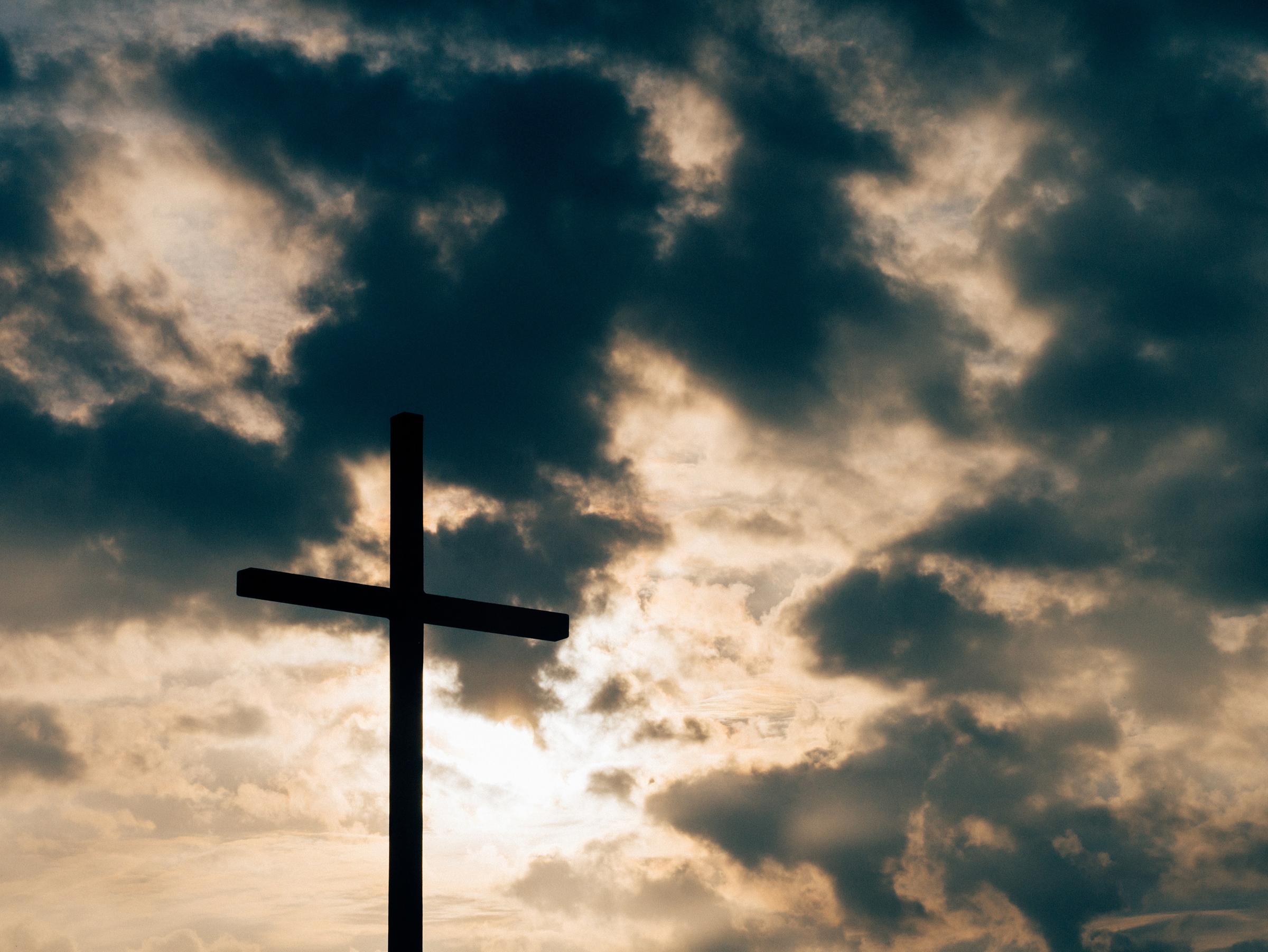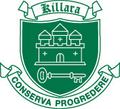Remembrance Day

Remembrance Day Speech
This Remembrance Day, the 11 November 2018, marks one hundred years since the end of the First World War. A hundred years since the guns fell silent across the world, marking a time of peace after four years of conflict. During those four long and tiresome years, over 400,000 of Australia’s men enlisted to take part in a “grand adventure”, to embark onto “faraway lands to fight in the name of his majesty George V”. Of these men, around 60,000 were killed, and over 150,000 wounded or taken prisoner. Everyone, look around you now at just how full this assembly is, there's a good thousand-plus students here in this building. The number of Australians who were killed during World War 1 would fill 60 of these assembly rooms.
We commemorate Remembrance Day to remind us of those valiant men who, of their own will, put their country before themselves, and sacrificed their lives to protect generations to come. We should also not forget to honour the thousands of women, the nurses, engineers, drivers, who contributed immensely to the war effort and our ultimate victory both abroad and at home. Australians did not solely commemorate those who returned from war, but instead we honour those who had the courage to embrace the challenge in the first place. One of those men was my great, great Uncle, Richard Ward.
Richard Ward was a 16-year-old boy when he heard news of the war. He hitchhiked for four and a half hours from his home in Geraldton, Western Australia, all the way to Perth, to put his name forward for the draft. He knew he was underage, but so did all the other kids that wrote their name down; they didn’t care, their country, the empire mattered more. My Uncle Richard was a part of the Gallipoli campaign, where he served and fought, and where he was killed on the beach. I look out on all of you now; most of us are Richard’s age, some older, some younger. Most of us think the greatest struggle in our teenage life is high school. I cannot even begin to fathom the courage it takes for a boy as young as you and I to enlist in a war.
As with any war, World War I did not solely affect the brave soldiers who left our country. Each of those men had a mother, a father, a brother, sister, children of their own. They didn’t know if they would ever see their families again, and their families did not know if they would see their son, their brother, their father again.
Now, a hundred years on, we remember our soldiers for their valiant efforts to provide us with a safe homeland where all our families can be safe.
I would like to now read to you a section from the poem, The Dead Anzac, by Robert Crawford.
They lie by the loud water, on the bare hills,
Far from their native land, the brave who fell.
There Time his visionary day fulfills
And Death with Freedom smiles, and all is well.
We have the lesson that they died to teach:
We hear their voices in the wind and rain:
God of our Fathers! let our honour reach
So high, that we may touch their hands again.
I believe this poem captures the essence of Remembrance Day. We learn from our fallen men who embraced their fate, knowing their sacrifice would better the hundreds of thousands of lives they left back home, and each year we commemorate them so as they will always remain with us.
We will remember them,
Lest we forget.
Sean Cartwright
Year 11
